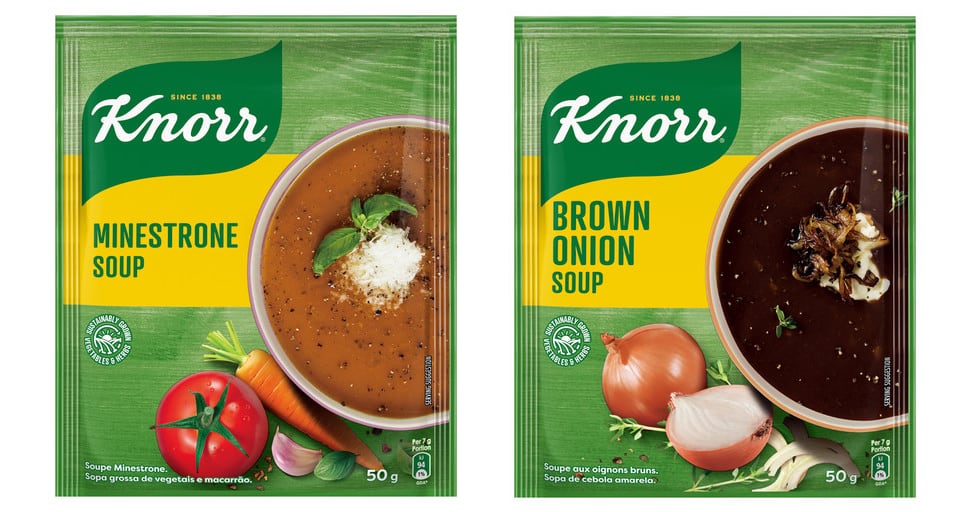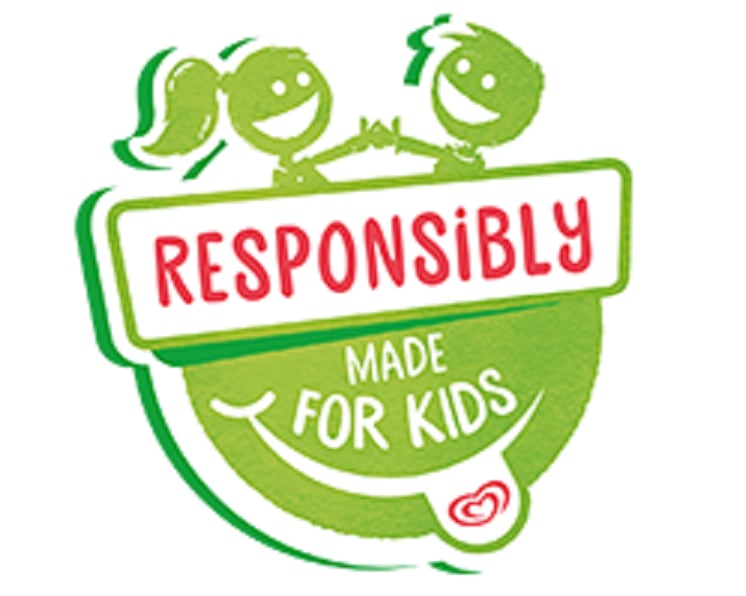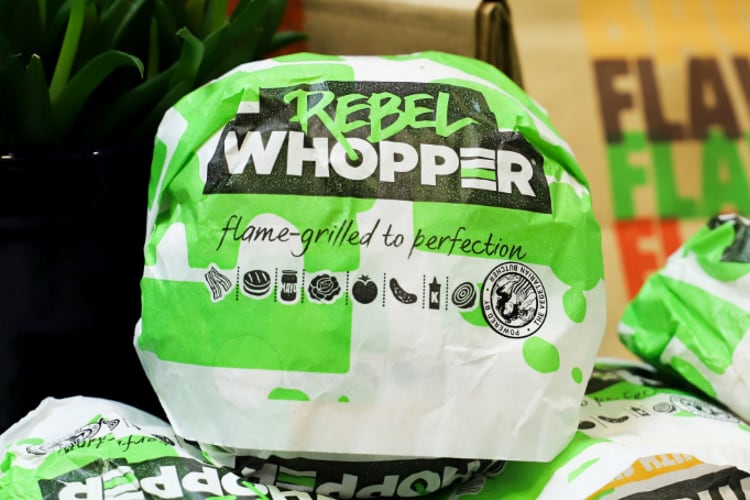Agrobiodiversity has long been in decline. More than 90% of crop varieties have disappeared from farmers’ fields, and according to the UN Food and Agriculture Organization (FAO), today 75% of the world’s food is generated from just 12 plants and five animal species.
Humans use just 150 to 200 of the 250,000 to 300,000 known edible plant species, and only three – rice, maize and wheat – contribute nearly 60% of our plant-based calories.
“By eating just those three, we’re not getting the nutrients that we need, and we’re growing the same foods over and over again,” Dorothy Shaver, Global Sustainability Lead at Unilever-owned Knorr, told FoodNavigator.
“There is a big need for us to vary the types of cereals and grains that we eat…[and] a really big opportunity to get people to eat different types of grains for both the nutritional and environmental value.”
Knorr has teamed with Worldwide Fund for Nature (WWF) and smallholder farmers in South Africa to take up this opportunity, which Shaver said has the potential improve smallholder farmer livelihoods, local diets and nutrition, and environmental sustainability.
Shifting to drought-resistant crops
The project goes hand-in-hand with Knorr and WWF’s Future 50 Foods report. Published one year ago today, the report lists 50 foods we should be incorporating into our diet to reduce the environmental impact of food production and improve public health.
The report highlights lesser-known plant varieties such as adzuki and broad beans, fonio, and teff, stating that “swapping staples like maize and white rice for fonio or spelt increases the nutrient content of a dish while contributing to greater agrobiodiversity, making our food supply more resilient”.
The smallholder farming project is championing some of these grains and cereals that Knorr hopes will end up in its supply chain for local consumption in South Africa.
Of course, many smallholders will be unfamiliar with these lesser-known crops. The project sees Knorr and WWF working with farmers to provide education programmes and technical expertise, as well as a ‘hub’ where ‘famers will learn from each other’, the sustainability expert explained.
“Understanding that a lot of a lot of areas in South Africa that we’re working in are in drought…we want to encourage [smallholders] to grow some of the Future 50 Foods that are a bit more drought resistant.”
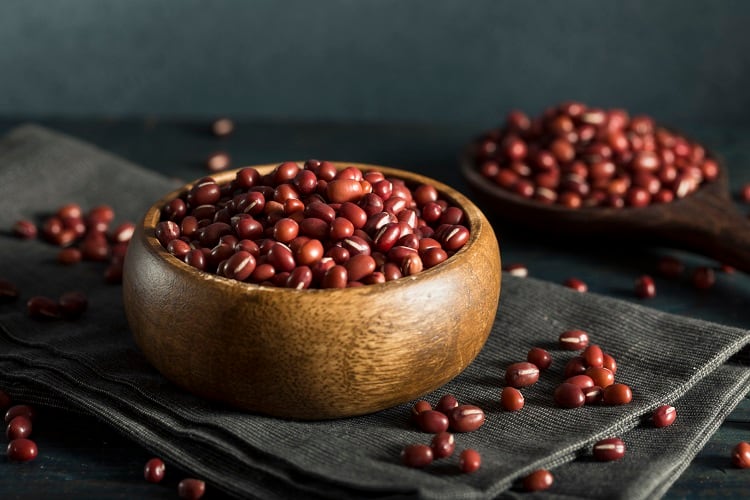
Because conventional crops contribute significantly to farmers’ livelihoods in the region, smallholders can be both resistant to change and risk averse.
“It does take time for new foods to grow and to make sure that the farmers understand how to grow any type of new food,” Shaver explained.
So aside from providing support, both via internal and external experts, Knorr is guaranteeing purchase of the new yields. “We have to take the risk together. Even if the crop doesn’t thrive, or if the yield isn’t as high as we wanted it to be first time round, or if we don’t get the quality we want from that farm, we have to guarantee that we will of course support them financially.”
Financial support has been promised until at least 2022, when the project is due to end. At that point, Knorr will evaluate how it wants to move forward, Shaver continued.
Integrating Future 50 Foods into the supply chain
Once the smallholders have built enough supply, the goal is to integrate these drought-resistant varieties into Knorr’s supply chain.
Shaver stressed it does ‘take time’ to build supply. “That is why we have a longer partnership. We are hoping to get some of these ingredients into our supply chain by the end of this year at the earliest, and hopefully by the beginning of next year.”
The project is focusing on certain crops the smallholders are already familiar with, for example cowpeas and lentils, as well as varieties currently present in Knorr’s supply chain, such as onion, coriander, chilli pepper and paprika.
Concerning other drought-resistant varieties featured in the Future 50 Foods report, Shaver said stakeholders were focusing on plants ‘we know can grow in South Africa, and potentially have in the past’.
Teff, for example, which is cultivated for its edible seeds, is grown in parts of sub-Sahara Africa. “It can potentially grow in South Africa as well,” we were told.
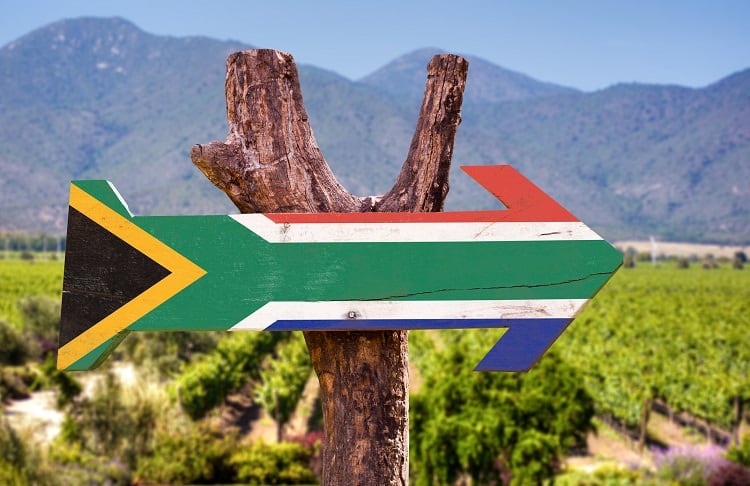
So how will these Future 50 Foods enter Knorr’s supply chain? According to Shaver, the project is targeting one of the company’s biggest markets: pre-made soups.
In South Africa, Knorr’s soup products are used similarly to how Western populations may use broth or bouillon – as a base for soups or stews. “They use it quite frequently. The ambition is of course to get [these crops] into those core products, so that the supply can be relatively large, and not just in a small innovation.”
Local production for local consumption
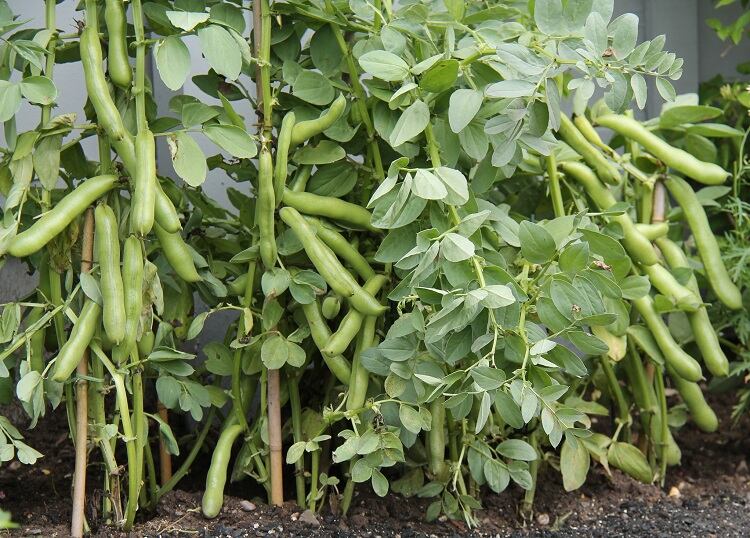
For Knorr, the project presents an opportunity to improve public health, particularly in impoverished regions.
“When it comes to grains, the wider variety the better,” said Shaver, who is also a registered dietician. “There are quite a few grains higher in protein, a few higher in iron, and the great thing about grains is that generally they are not as expensive as other protein sources, such as meat.”
The goal for this project is to feed South Africa’s populations with locally-grown crops, “and that is a great story for South Africa and that’s wonderful for the South African farmers”, said the sustainability expert.
However, Knorr does support the extension of supply chains beyond their own country lines. “A lot of these Future 50 Foods can grow in sub-Sahara Africa and Southeast Asia, which has the most prevalence of micronutrient deficiencies and poverty in some situations.
“So if we were to open supply chains (even though sometimes people don’t want to have food that isn’t local… ) the larger ambition of Knorr is to do [more] of these programmes [more often], but also to open supply chains, so that we can help other [regions] thrive by selling to other markets.”


